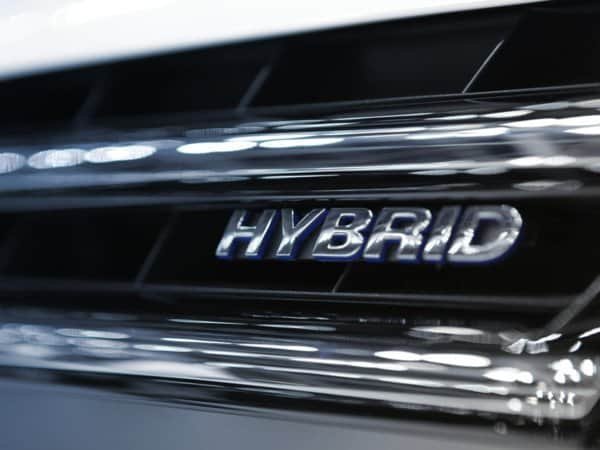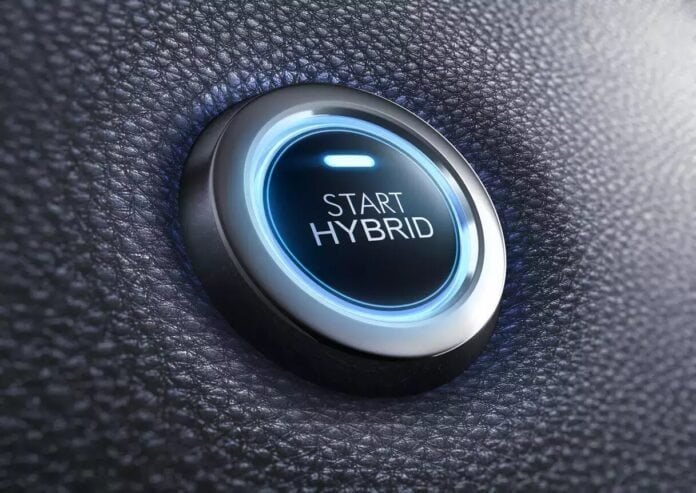The Indian auto industry may hit a bump in the road as it races toward an all-ev future. India might not make the transition to electric vehicles (EVs) overnight. There may be a hybrid patch along the path to green mobility. The second-largest subnational auto market, Uttar Pradesh, has eliminated registration fees for plug-in and strong hybrid cars.
There are just five robust hybrid cars on the market right now, two of which are produced by Maruti Suzuki. Toyota also rebrands some cars under different names. The only potent hybrid model available outside of the Toyota-Maruti partnership is the Honda City.
Robust hybrids have an electric motor and a combustion engine that may operate separately or in tandem depending on the driving situation. The engine takes over during high-speed driving, although the motor can still power the vehicle at low speeds. This is not like mild hybrid vehicles, which have an intermittent electric motor that only produces small amounts of electricity when needed rather than being able to power the vehicle entirely. The motor serves as the primary power source in plug-in hybrid vehicles.

EV or Hybrid leading the way
According to a recent ET analysis, sales of SUVs and hybrid vehicles have increased more quickly than EV sales, shrinking the market share gap between them. Compared to EVs, which are predicted to witness a minor reduction of 0.2% to 27,242 units, hybrid electric cars are predicted to see a 38% growth at 22,389 units, earning a market share of 2.1%. The number of plug-in hybrids will increase by 13%, from a small base to 35 units, based on Jato Dynamics’ fiscal Q1 predictions.


